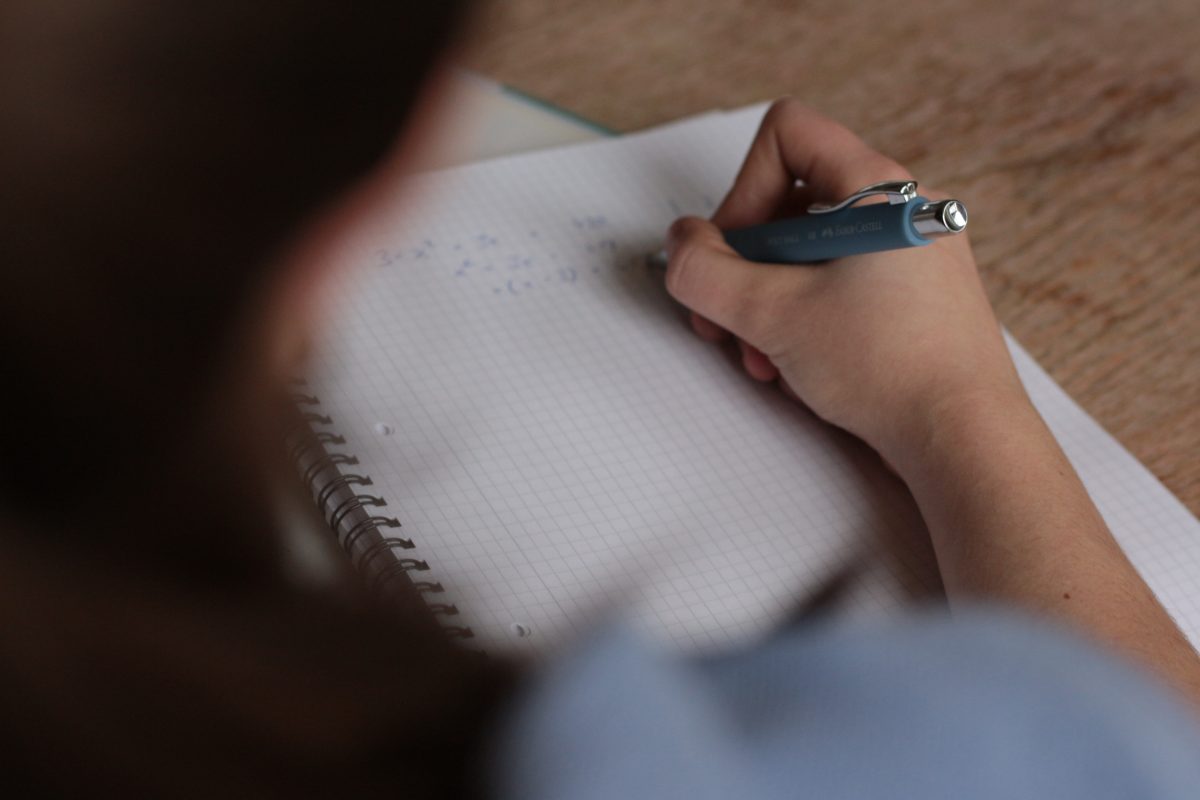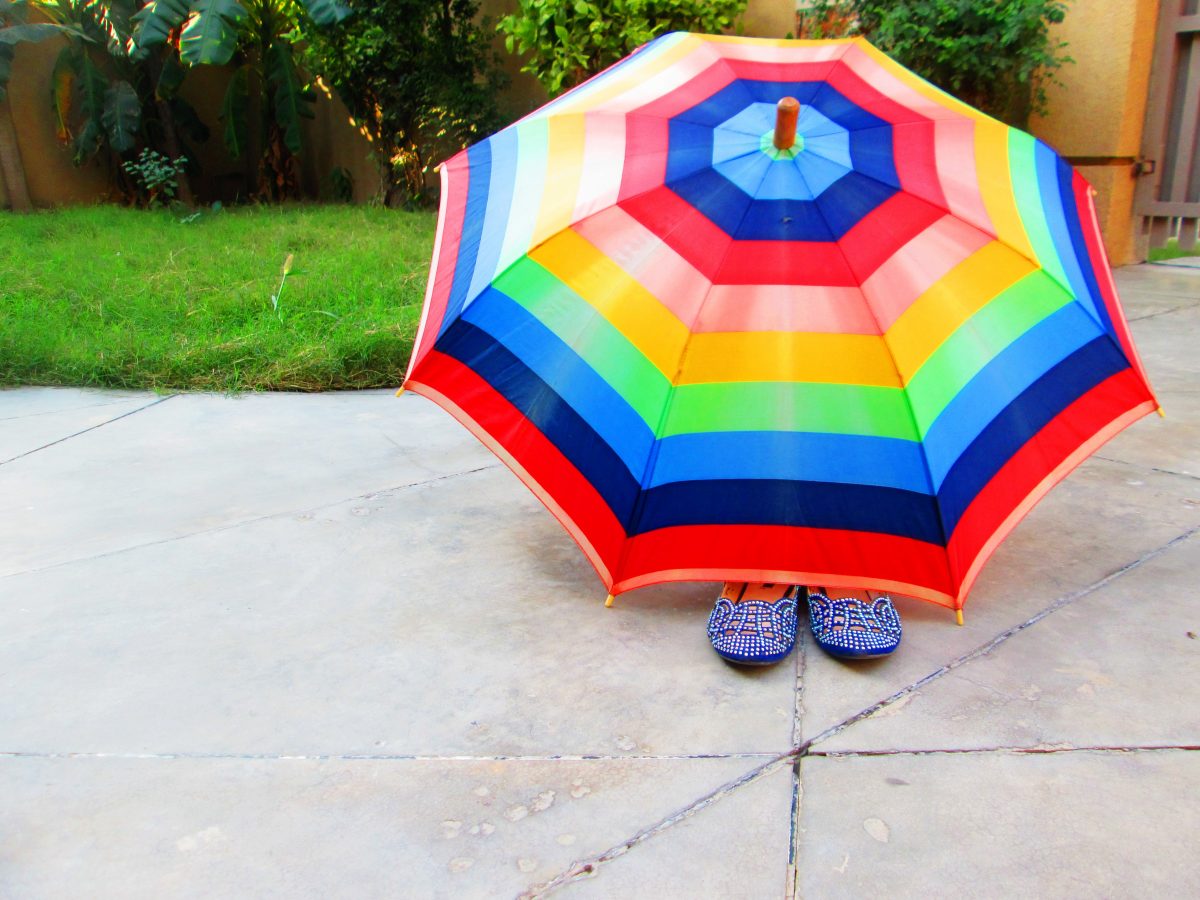
By Yamila García
Every time I take a test, I sit down, look at the sheet, and I don’t recognize anything I read. Although I have studied a lot and know the subject very well, as soon as I look at the sheet, everything I studied seems to have been erased. I know it sounds scary; maybe at some point many years ago I could have been nervous about this situation, but not now. Yes, it worries me a little at first, but as soon as I remember that I always work like this, I am sure that I will start to remember. If I still feel anxious about it, I repeat to myself: “It’s coming, it’s coming,” and simply try to rewrite my test questions or the data that they include in the statements.
After so many years as a student, I know that everything I studied will start to come to me after a while. Sometimes I start to remember slowly, but other times everything comes like an avalanche, remembering many things at the same time and at great speed. In the latter case, I tend to write down everything that comes to my mind in a rough draft. Sometimes everything comes so fast that I can confuse things. Once that burst stops, I start working with the notes I made, and it all makes more sense now. The exam becomes doable this way.
As you can imagine, that takes up part of the time I have to do my exam. Sometimes it has taken me up to 1 hour or even more… And it’s hard to keep calm because even if I repeat to myself that this always happens and that “it’s coming,” I start to wonder: “What if it doesn’t this time?” Actually, it has never happened to me that I didn’t remember anything. Always, sooner or later, the information reaches me, and I am able to do my exams. The thing is, in order to have extra time and a quiet place to do my exams, I need to request accommodations. Otherwise, I could not carry out this process in a reduced time and in a shared space with constant noise and movement. Although I am grateful to be able to have accommodations, I wonder how we could have regular exams more accommodating. Maybe some folding panels and some noise-canceling earmuffs available in the classroom could help more people than just the ones with an official diagnosis. I know many people struggle with the same and could take advantage of a more accommodating environment too.



